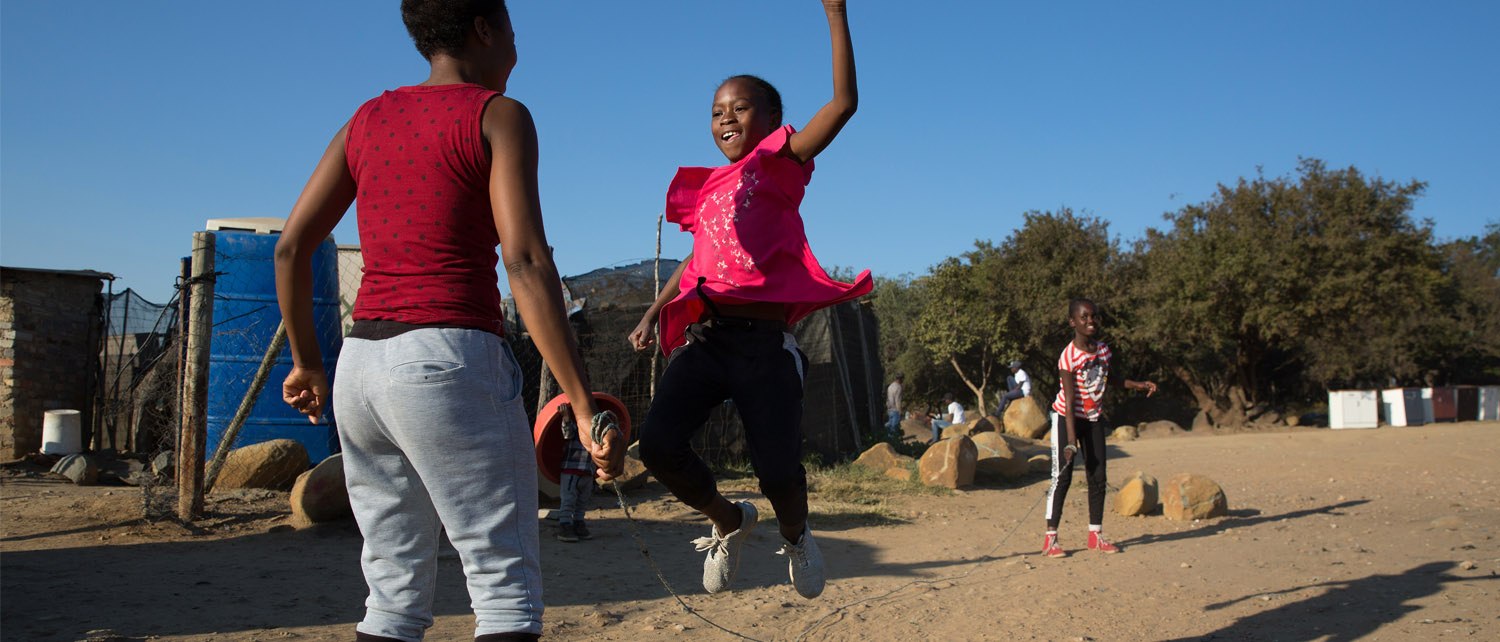GENEVA (May 22, 2019) - This week at the Seventy-second World Health Assembly, TB Alliance is joining our partners in global health and product development to urge increased global funding and action to eradicate tuberculosis (TB). Today, delegates are assessing progress made since last year’s UN High Level Meeting (HLM) on TB as well as the 2017 HLM on Antimicrobial Resistance (AMR).
While TB is an ancient disease, it is also the leading cause of infectious death worldwide, affecting more than 10 million people and killing 1.6 million in 2017 alone. The HLM on TB resulted in a political declaration in which member states committed to increasing overall global research investments to $2 billion with the aim of enabling the development and introduction of life-saving scientific innovations for the prevention, diagnosis and treatment of TB.
"Today's #TB treatments are woefully inadequate."@WilloBrock_TBA of @TBAlliance makes the case for why we need to #endTB.
Read more from our blog: https://t.co/NPkE8eFpMd#HealthForAll #WHA72 #globalhealth pic.twitter.com/hqR3dRT9rs
— Global Health Council (GHC) (@GlobalHealthOrg) May 23, 2019
Follow-through on this commitment is urgently needed. Drug-resistant (DR) TB constitutes a significant global health security threat as the leading cause of death from AMR, yet efforts to fight it are falling short. DR-TB develops in more than half a million people every year, primarily affecting vulnerable populations in low- and middle-income countries. Today's treatments are simply inadequate, especially for DR-TB. They take too much time, can be prohibitively expensive and are not effective enough to eradicate TB in this century.
A major WHO priority under the leadership of Director-General Dr Tedros Adhanom Ghebreyesus is the achievement of Universal Health Coverage. To achieve this goal, countries must ensure that everyone—regardless of where they live or their socioeconomic status—has access to the health services they need. We must recognize that this work is inseparable from the development and delivery of better drugs, diagnostics and vaccines that can address today’s pressing global health challenges, including TB and AMR.
New TB therapies, improved diagnostic technologies and significant progress in advancing investigational vaccines have only been possible through long-term, sustained investments in research and product development. With further investments, more breakthroughs will come. All countries, from those that have almost eradicated TB within their borders to those that count it as a leading cause of death, must contribute their fair share and collaborate to ensure that impactful new tools are introduced and able to reach the people who need them.


